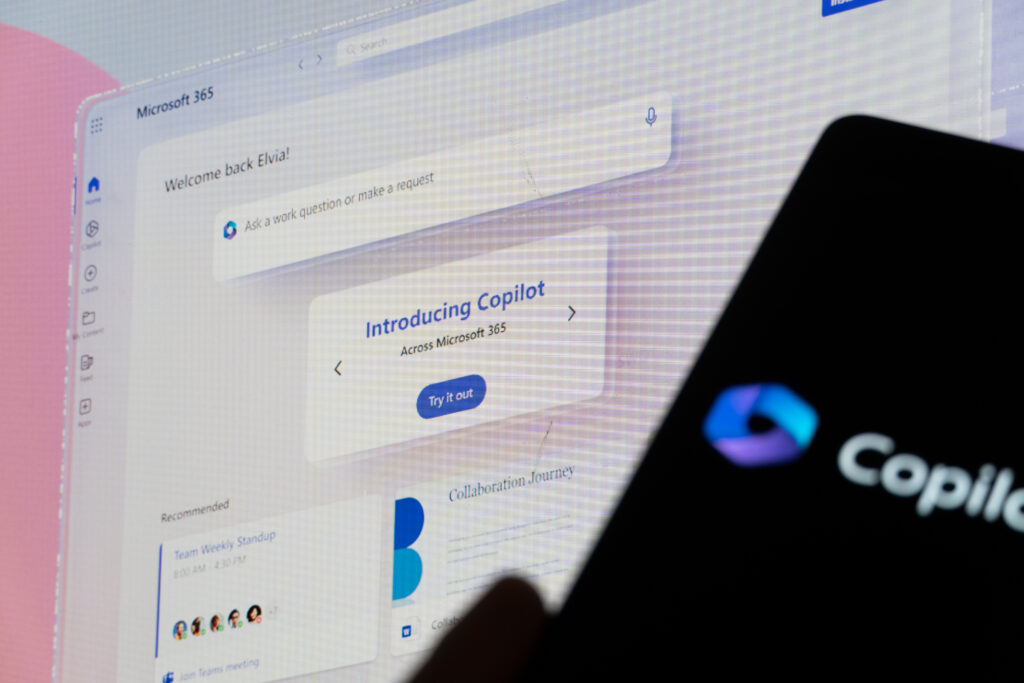At a recent Microsoft event, the company unveiled Copilot, its new AI assistant technology that will be embedded across its ecosystem, including Windows, Microsoft Office, and Bing Search. First announced in March, Copilot is now generally available and ready for a broader rollout. Powered by OpenAI models like ChatGPT, Copilot provides automated suggestions and can take actions directly within Microsoft apps and services to assist users.
For example, it can generate text in Word, analyze data in Excel, create presentations in PowerPoint, and more based on user context. The integration aims to transform Microsoft products through advanced AI capabilities.
Why it matters: Microsoft is betting heavily on AI as core to its future and path to tech leadership. Widespread Copilot adoption could significantly boost enterprise productivity and transform how knowledge workers interface with computers. Its success depends on providing true utility versus novelty.
- To highlight Copilot’s potential, newly announced Surface laptops have been designed with Copilot experiences in mind.
- Through Copilot, Microsoft is making a bold bet that AI augmentation will be central to its future vision and path to restoring its technology leadership position in the face of rivals like Apple and Google.
- For widespread adoption, Microsoft will need to convince users that Copilot truly assists them and handles their data responsibly, not just a novelty. User attitudes toward AI assistants and concerns around data privacy/security will factor heavily.
- Success will hinge on user trust – Copilot represents a paradigm shift in human-computer interaction.
Go Deeper —> Announcing Microsoft Copilot, your everyday AI companion – Microsoft.






